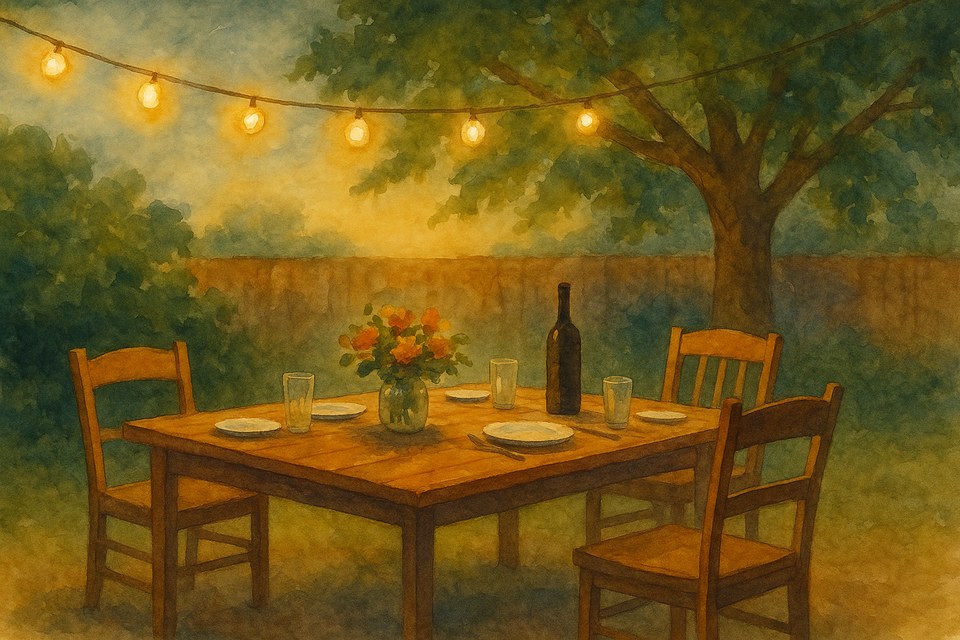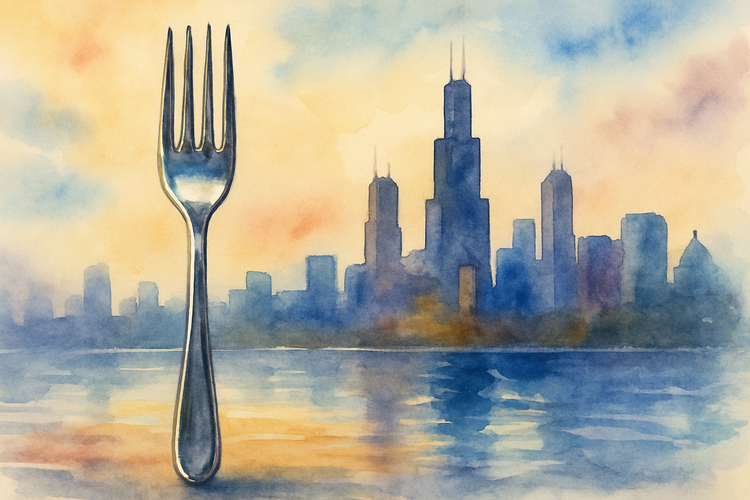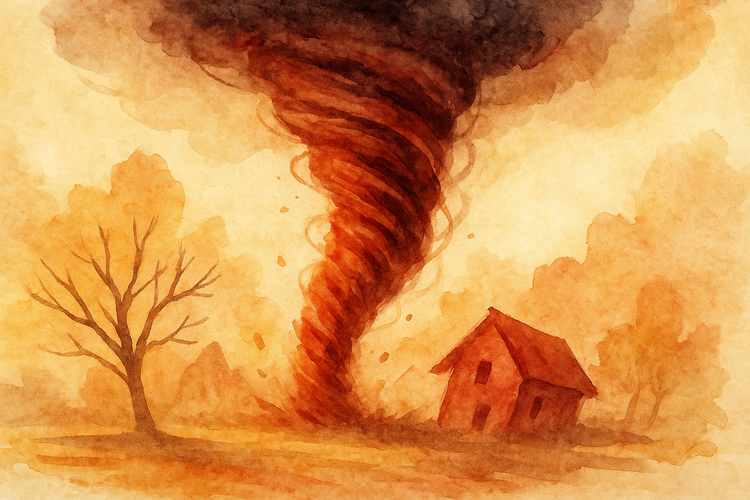The Bear S1E4 "Dogs"

Spoilers ahead for Season 1 of The Bear.
Before the episode even finds its shape, it carries the hum of tension between weight and lift — the heaviness of history pressing down and the small openings that let someone rise against it. Every beat, whether comic or sorrowful, circles this paradox: how family binds with both ballast and runway, and how the kitchen, the party, and the food itself become stages where those forces collide. In Dogs, laughter, grief, and creation mix into a single atmosphere, holding the contradictions of inheritance and belonging side by side.
Marcus Finds His Runway
Marcus’s cake arrives in the episode like a small triumph, less for its technical complexity than for what it represents. A doughnut may have been his dream — intricate, difficult, almost untouchable — but the chocolate cake is proof that he can turn inspiration into creation. What matters isn’t that the cake is simpler than fried dough, but that Marcus, given just a bit of runway, accelerates as fast as he can. In a kitchen where chaos often overshadows intention, his success feels like the first lift of a plane leaving the ground: hesitant, a little shaky, but unmistakably aloft once space opens up to try. The kitchen rarely offers anyone that space, which makes Marcus’s achievement all the more significant. His cake is less about dessert than it is about possibility.
Comedy and Closeness at the Party
Richie’s presence at the party radiates both chaos and belonging. The balloon-popping gag, the ecto cooler mishap, the endless stream of small screw-ups — none of it reads as malicious. Instead, his mistakes are absorbed into the atmosphere of a family gathering, the kind where everyone knows each other’s flaws well enough to laugh at them. Carmy falls easily into step with him here, their cousin-banter flowing more like the shorthand of brothers. Even Pete, Sugar’s husband whose timing always seems a little off, is met with side-eye and grace. These comic beats sketch a portrait of closeness: this is what it means to be stitched into a family fabric, awkward seams and all.
And what stands out most is how different Carmy feels in this space. Away from the stove, he is lighter, less clenched. Richie’s blunders may derail a kitchen service, but at the party they fold into laughter, reinforcing the warmth of the gathering. Here, chaos isn’t corrosive; it’s simply part of the rhythm of belonging.
Inheritance and Absence
Beneath the laughter, absence hums. Around the grill, stories of Michael surface in bursts of fondness, the kind of easy remembering that keeps him close without collapsing the party. But in the kitchen, the tone sharpens: Carmy and Uncle Jimmy speak directly about Carmy’s father, whose choice to saddle the family with The Beef still lingers. That legacy is heavy enough, but Michael’s death makes it unshakable — grief entwined with responsibility, the restaurant becoming both a memorial and a weight.
Michael’s presence is strongest in memory, his absence felt in the ease with which others recall him, and in the weight Carmy shoulders without him. Carmy wasn’t close to his father in the way he was to Michael, yet he ends up carrying both inheritances: the business passed down from his father and the hollow space left by his brother. In these moments the party holds a double charge — joy in gathering, heaviness in history — a reminder that family ties can comfort and wound at the same time.
Sydney and Tina Test Each Other
In the kitchen, another small shift plays out between Sydney and Tina. Their exchanges have been barbed, Tina meeting Sydney’s authority with sarcasm and skepticism, but here the edges soften. A moment of kindness over the potatoes — simple, unremarkable on the surface — marks the beginning of something less hostile. Their clash isn’t only veteran versus newcomer; it’s also a collision of two kinds of legitimacy.
Sydney is formally trained, polished by the Culinary Institute and professional kitchens. Tina is hardened by years at The Beef, carrying knowledge earned by sheer survival. Each could claim superiority, and each bristles at the other’s claim. That brief exchange suggests a possible bridge. It’s not friendship, not yet, but it is a pause in the sparring long enough to hint that respect might grow. For a kitchen so often ruled by sharpness and ego, that pause feels quietly momentous.
Burden and Runway
The episode holds together on this tension between weight and lift — between the burdens a family leaves behind and the sparks of growth that can still emerge within them. Marcus, given just a little freedom, accelerates into new creation. Sydney and Tina, despite their entrenched differences, edge toward respect. Richie’s blunders, folded into the rhythms of a family gathering, underscore how belonging can absorb chaos rather than reject it. And at the center stands Carmy, carrying the heaviest inheritance of all: a restaurant passed down as both obligation and memorial, from a father who set the weight in motion and a brother whose death made it unshakable.
What emerges is the paradox of family itself: the same ties that suffocate are the ones that sustain. Burden and runway share the same ground. The weight presses down, but it also defines the space where growth becomes possible. In Dogs, the party, the kitchen, and the cake all circle this truth: to be bound by family is to live with both ballast and lift, grief and grace, at once.



Comments ()